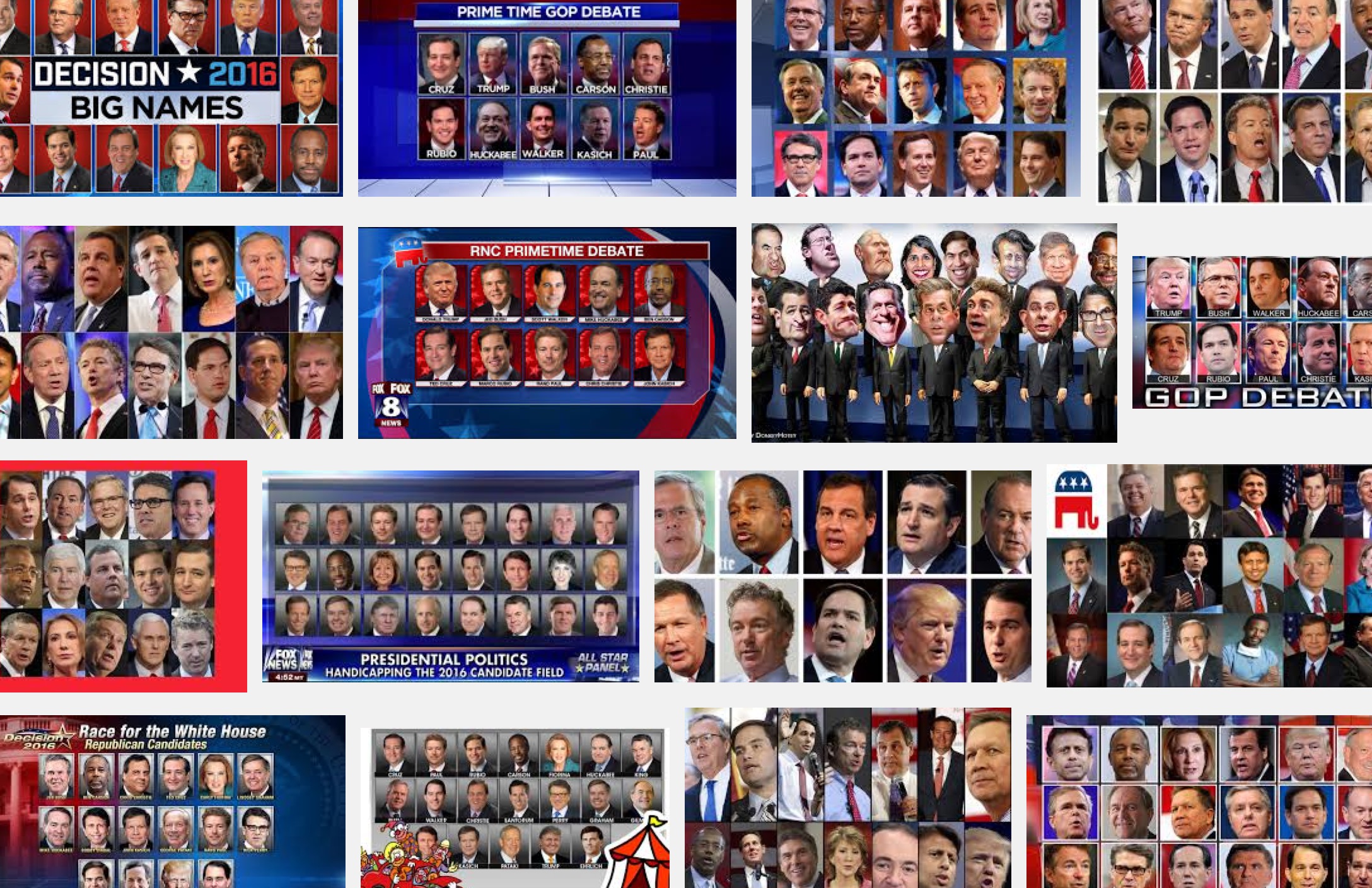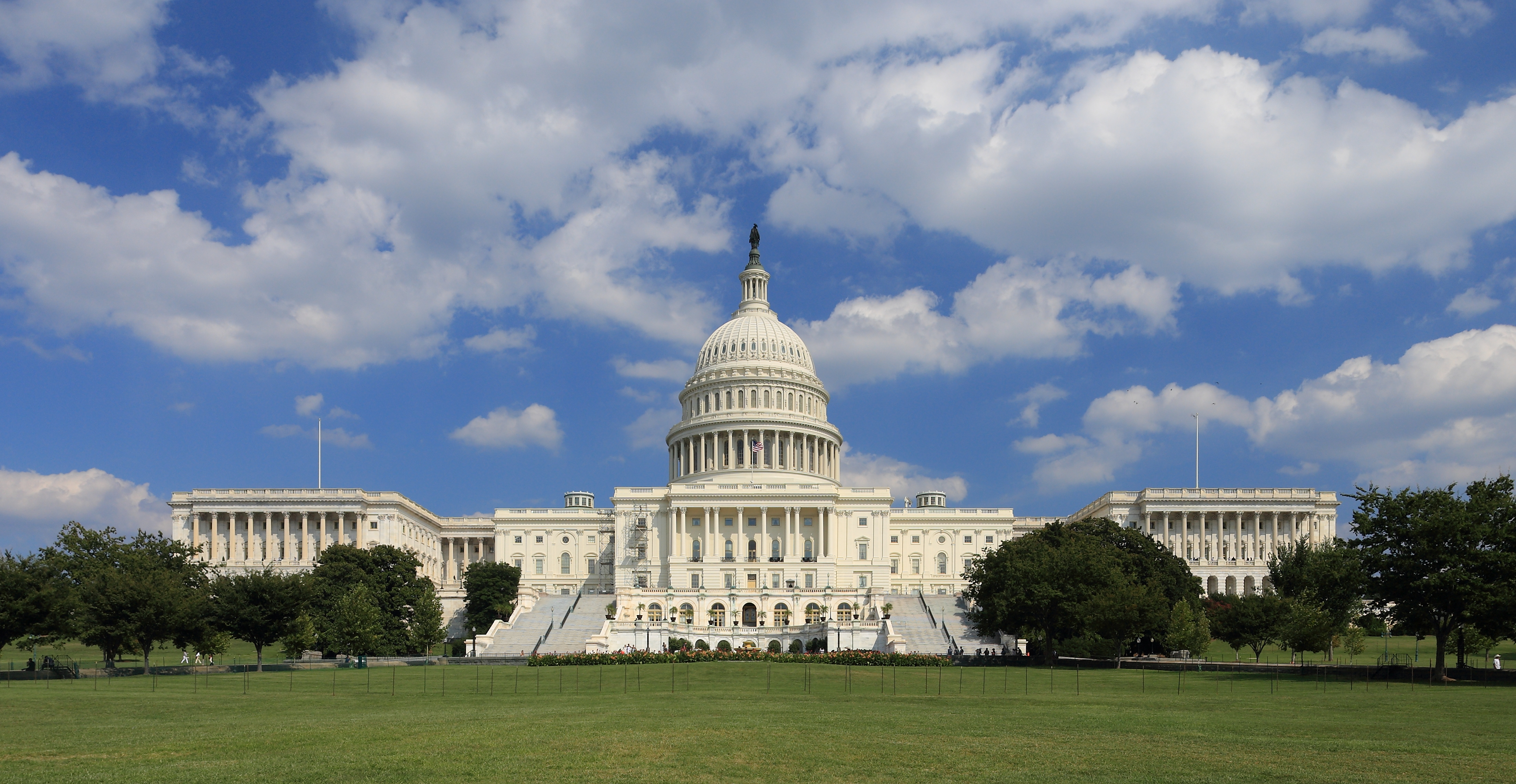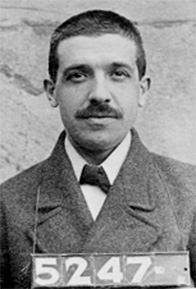[tube]F6XnH_OnpO0[/tube]
The extraordinary and very welcome leak of over 11 million files — collectively known as the Panama Papers — from one of the world’s largest offshore law firms, Mossack Fonseca, shows three very simple things. First, power corrupts. Second, the super-rich will continue to get richer. Third, the very rich live by different rules to the rest of the global population.
None of the preceding is, of course, of any surprise.
What fascinates me is to see this common thread of brash hypocrisy and self-aggrandizement links politicians of all stripes in democracies, with business leaders in totalitarian states, with so-called “communist” dictators, and holier-than-thou celebrities.
This tangled web of tax-avoiders and wealth-obfuscators links oligarchs with royals; it links Christians and Muslims; it links atheists with the pious; it links military dictators with socialists; it links criminals and bankers (too many, one and the same) and drug lords; it links sanctions-busters with sanctions-enforcers; it links the Saudis with the Iranians; it links footballers with cello players.
Avarice and greed knows no boundaries and transcends all political systems.
This, of course, shouldn’t come as any surprise either.
From the International Consortium of Investigative Journalists:
A massive leak of documents exposes the offshore holdings of 12 current and former world leaders and reveals how associates of Russian President Vladimir Putin secretly shuffled as much as $2 billion through banks and shadow companies.
The leak also provides details of the hidden financial dealings of 128 more politicians and public officials around the world.
The cache of 11.5 million records shows how a global industry of law firms and big banks sells financial secrecy to politicians, fraudsters and drug traffickers as well as billionaires, celebrities and sports stars.
These are among the findings of a yearlong investigation by the International Consortium of Investigative Journalists, German newspaper Süddeutsche Zeitung and more than 100 other news organizations.
The files expose offshore companies controlled by the prime ministers of Iceland and Pakistan, the king of Saudi Arabia and the children of the president of Azerbaijan.
They also include at least 33 people and companies blacklisted by the U.S. government because of evidence that they’d been involved in wrongdoing, such as doing business with Mexican drug lords, terrorist organizations like Hezbollah or rogue nations like North Korea and Iran.
One of those companies supplied fuel for the aircraft that the Syrian government used to bomb and kill thousands of its own citizens, U.S. authorities have charged.
“These findings show how deeply ingrained harmful practices and criminality are in the offshore world,” said Gabriel Zucman, an economist at the University of California, Berkeley and author of “The Hidden Wealth of Nations: The Scourge of Tax Havens.” Zucman, who was briefed on the media partners’ investigation, said the release of the leaked documents should prompt governments to seek “concrete sanctions” against jurisdictions and institutions that peddle offshore secrecy.
World leaders who have embraced anti-corruption platforms feature in the leaked documents. The files reveal offshore companies linked to the family of China’s top leader, Xi Jinping, who has vowed to fight “armies of corruption,” as well as Ukrainian President Petro Poroshenko, who has positioned himself as a reformer in a country shaken by corruption scandals. The files also contain new details of offshore dealings by the late father of British Prime Minister David Cameron, a leader in the push for tax-haven reform.
The leaked data covers nearly 40 years, from 1977 through the end of 2015. It allows a never-before-seen view inside the offshore world — providing a day-to-day, decade-by-decade look at how dark money flows through the global financial system, breeding crime and stripping national treasuries of tax revenues.
Read the entire story here.
Video: The Panama Papers: Victims of Offshore. Courtesy: International Consortium of Investigative Journalists (ICIJ).



 We excerpt below a fascinating article from the WSJ on the increasingly incestuous and damaging relationship between the finance industry and our political institutions.
We excerpt below a fascinating article from the WSJ on the increasingly incestuous and damaging relationship between the finance industry and our political institutions. The last couple of decades has seen some remarkable cases of corporate excess and corruption. The deep-rooted human inclinations toward greed, telling falsehoods and exhibiting questionable ethics can probably be traced to the dawn of bipedalism. However, in more recent times we have seen misdeeds particularly in the business world grow in their daring, scale and impact.
The last couple of decades has seen some remarkable cases of corporate excess and corruption. The deep-rooted human inclinations toward greed, telling falsehoods and exhibiting questionable ethics can probably be traced to the dawn of bipedalism. However, in more recent times we have seen misdeeds particularly in the business world grow in their daring, scale and impact.